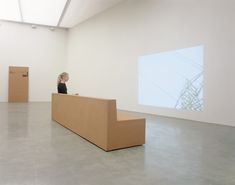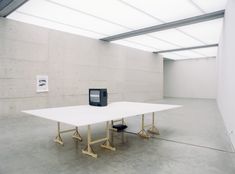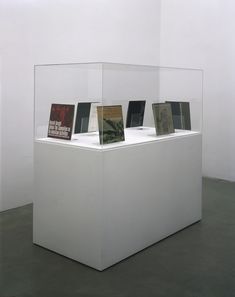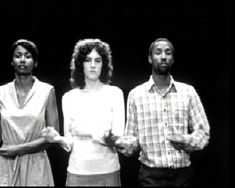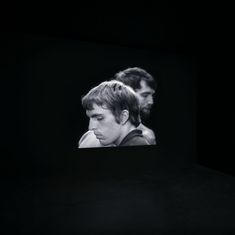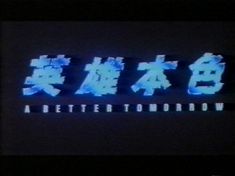Mathias Poledna
Mathias Poledna was born in 1965 in Vienna, where he studied at the University (then College) of Applied Arts and at the University of Vienna. The artist has participated internationally in numerous major and group exhibitions, including documenta 12 in Kassel, Germany in 2007. His solo exhibitions include the Grazer Kunstverein, Graz, Austria, in 2001; Museum Moderne Kunst Stiftung Ludwig Wien (mumok), Vienna, in 2003; Witte de With Center for Contemporary Art, Rotterdam, Netherlands, in 2006; Hammer Museum, Los Angeles, USA, in 2007; Bonner Kunstverein, Bonn, Germany (with Christopher Williams), in 2009; Museum of Contemporary Art, Chicago, and New Museum of Contemporary Art, New York City, USA, in 2010; Neue Portikus, Frankfurt am Main, Germany, in 2013; and the Vienna Secession, Austria amongst others. In 2009, the artist was awarded the City of Vienna Prize for Visual Arts. Mathias Poledna has lived and worked in Los Angeles since 2000.
Poledna belongs to a generation of artists, who at the outset of the 1990s, with recourse to both the critical attitude towards institutions developed by the art of the 1960s and 1970s and to the conceptual practices of inquiry, analysis, and documentation, called into question the condi-tions under which art was being created and pushed for its re-politicization.
With reference to the mass media’s collective memory of images, Poledna has repeatedly fo-cused on the visualization of historic constellations in both political and popular culture contexts. Thus, in "Scan" (1996), based on a collection of punk-ephemera held at the Victoria & Albert Museum in London, he reflected on a moment when popular culture was becoming history. As part of the "The making of" exhibition, which he curated, Poledna realized the video installation "Fondazione" (1998), centered on the Italian Feltrinelli Foundation in Milan, an archive founded by the publisher Giangiacomo Feltrinelli, known for his active involvement with the militant Left. The foundation houses one of the most important collections of materials related to the history of socialism and the Labor movement.
Poledna’s most recent works, realized in Los Angeles, deal explicitly with questions of the re-enactment of history. "Actualité" (2001/2) is the first in a series of cinematic projects, which, starting from a musical performance, deal with nostalgia and memory as linchpins of the late-capitalist and advanced technological present. In place of archival materials, "Actualité" features actors and musi-cians who can be seen in one particular, highly condensed scene, miming a fictional, British post-Punk band of the late 1970s. The film "Western Recording" (2003) produced in Vienna as part of a solo exhibition at the Museum of Modern Art, takes this point a step further. Starting from the recording of a vocal track on a late 1960s song at a recording studio, the film projects a complex panorama of historical and spatial references. (Luisa Ziaja/Mathias Poledna)
Books of artists
Mathias Poledna. Version. Ed. Daniel Bucholz, Christopher Müller for Galerie Daniel Buchholz, Cologne/Berlin. Text by Rebentisch, Juliane. Berlin: Distanz Verlag, 2010.



